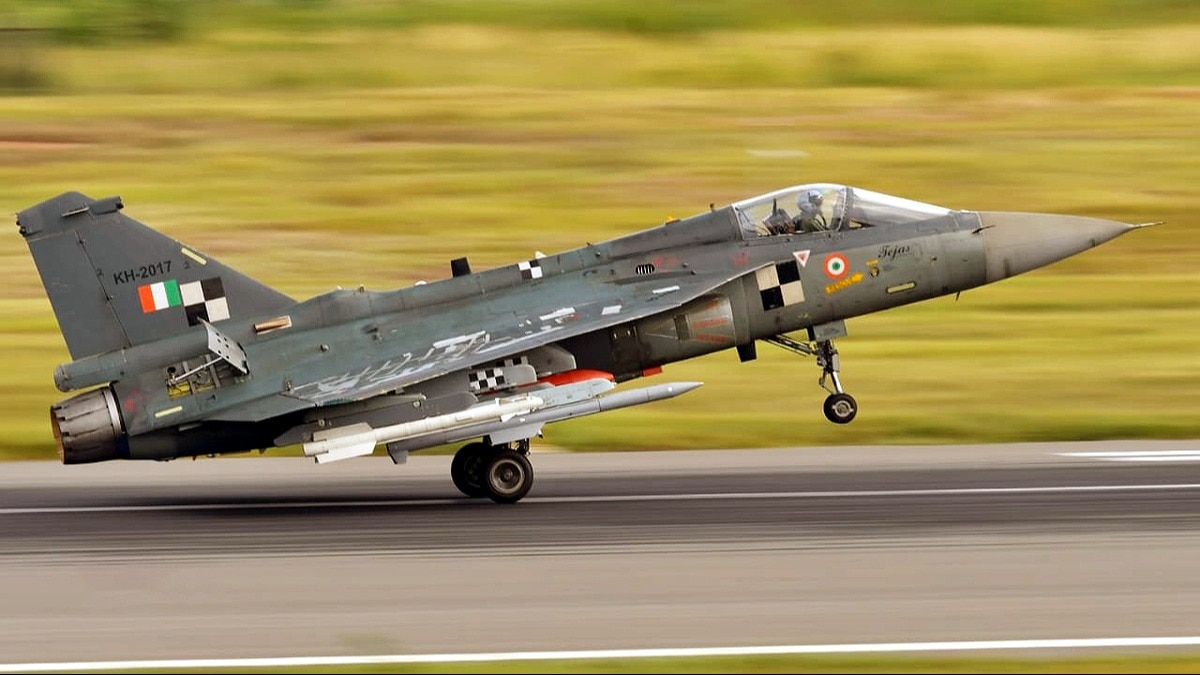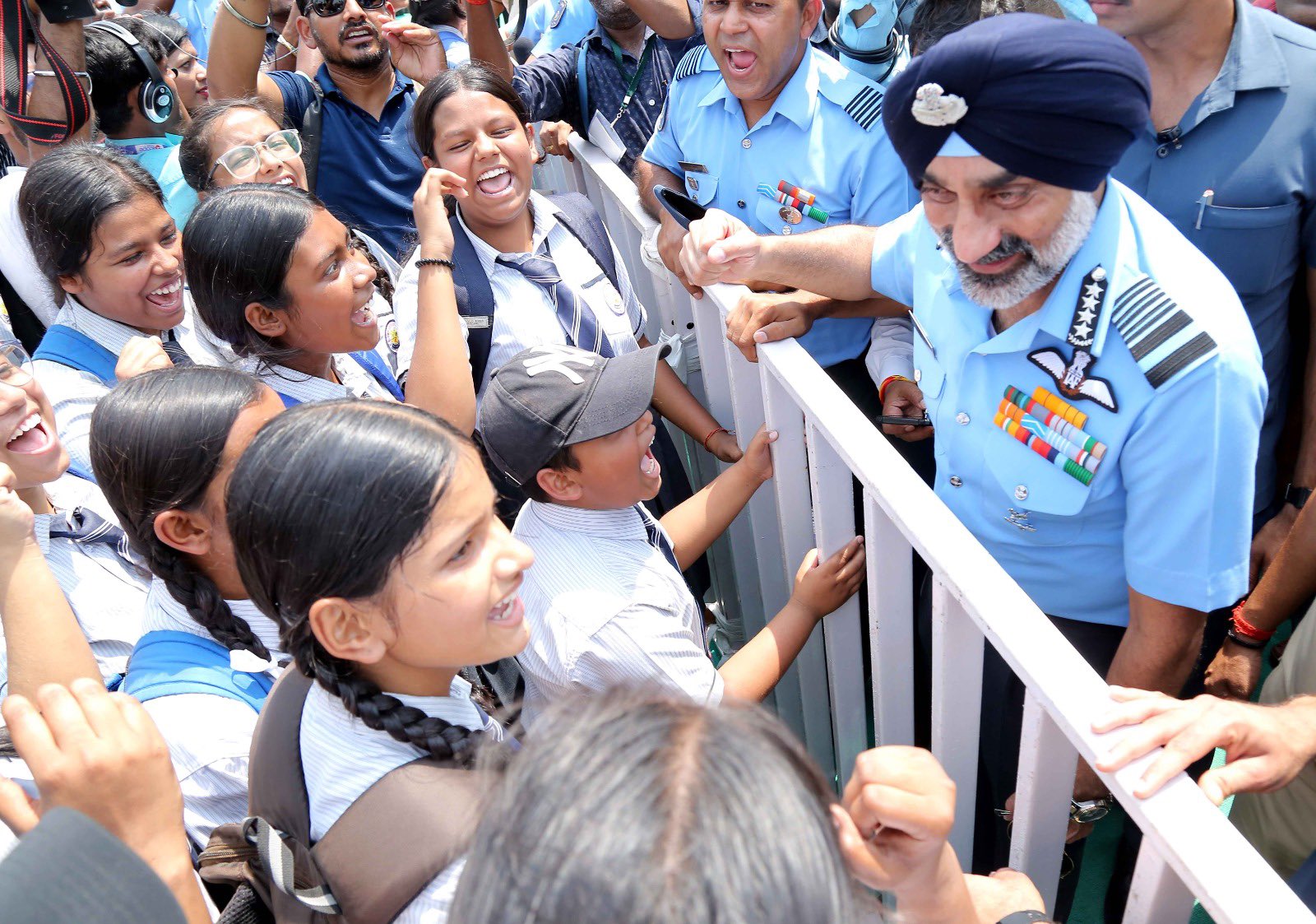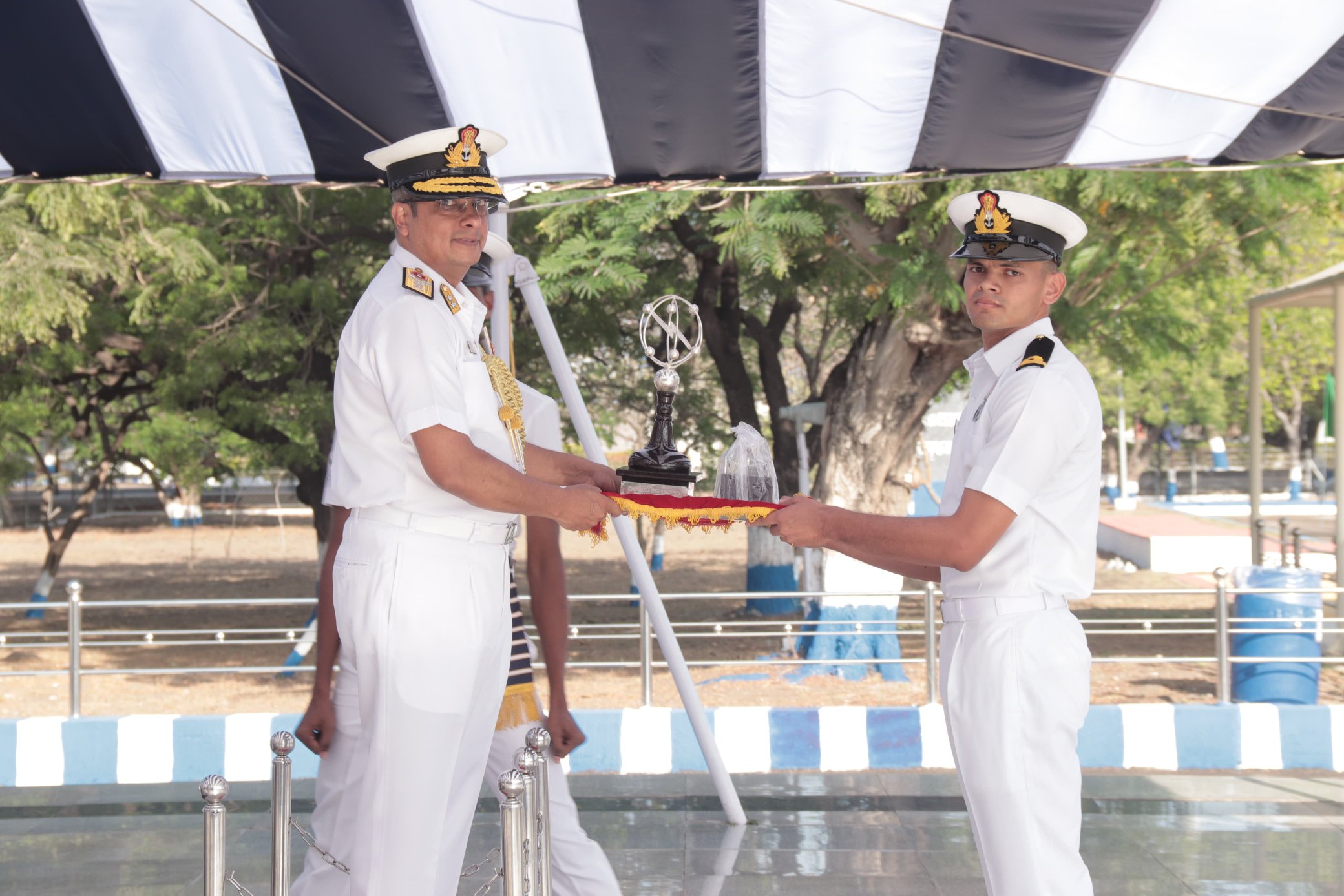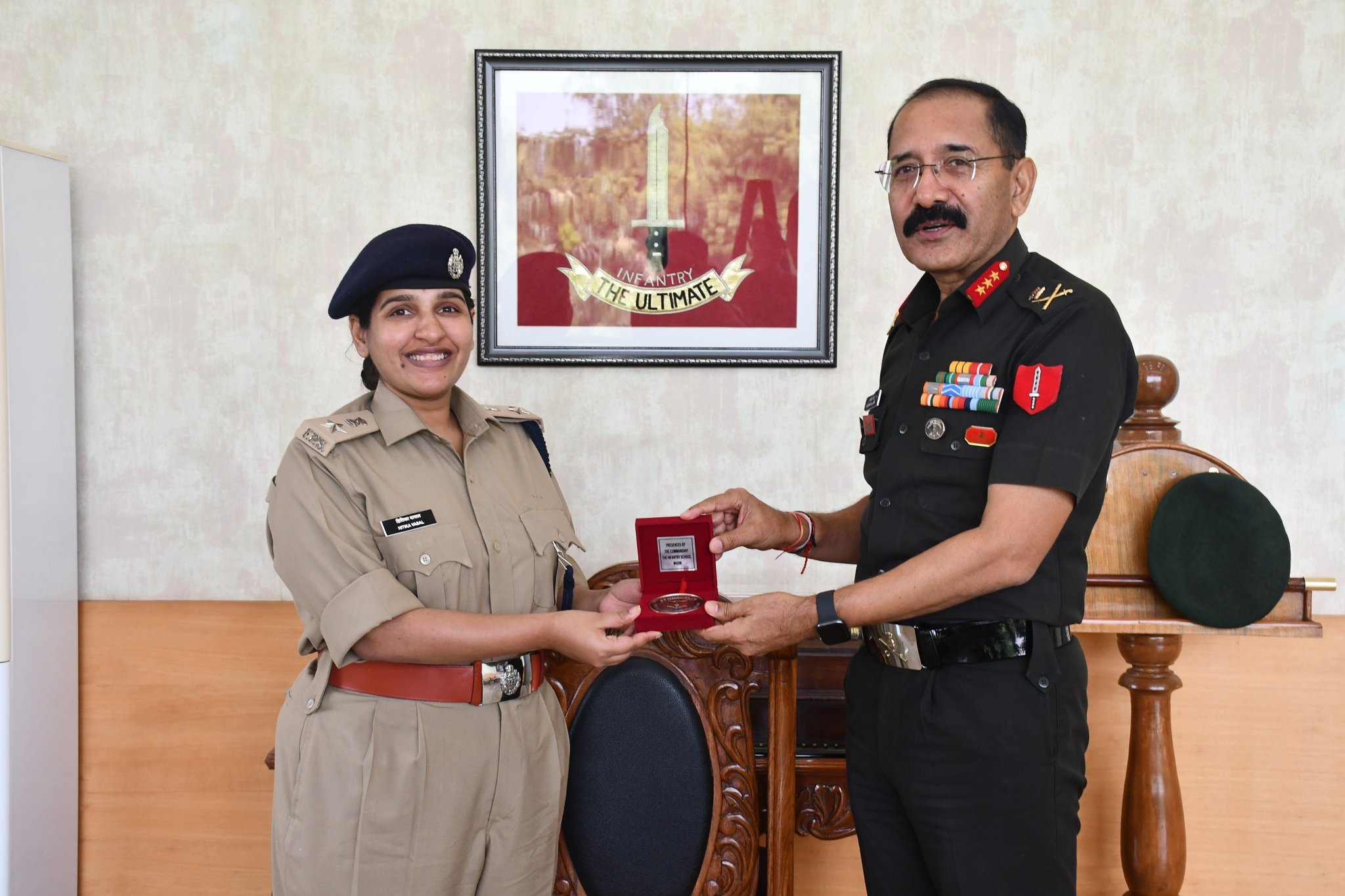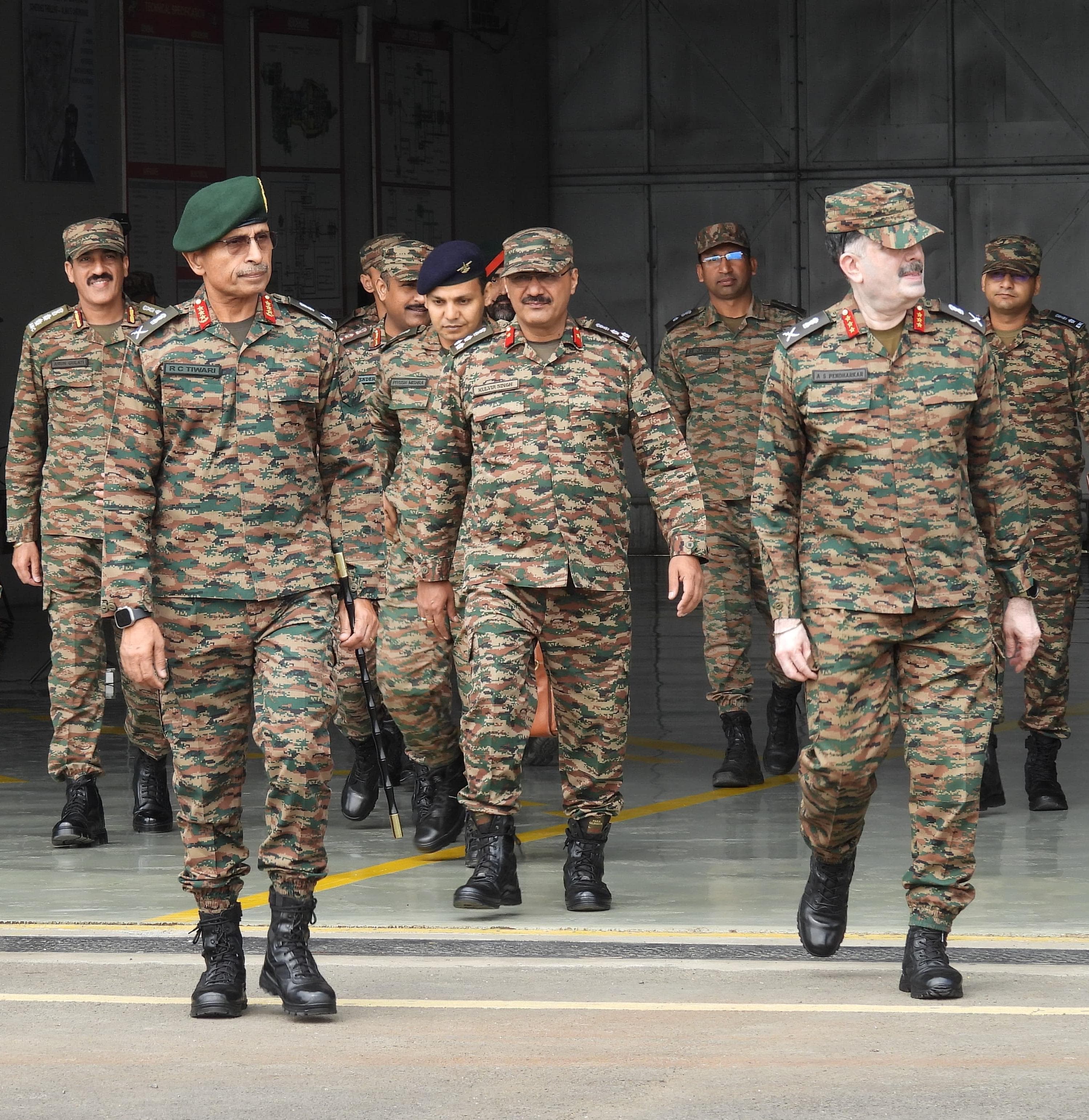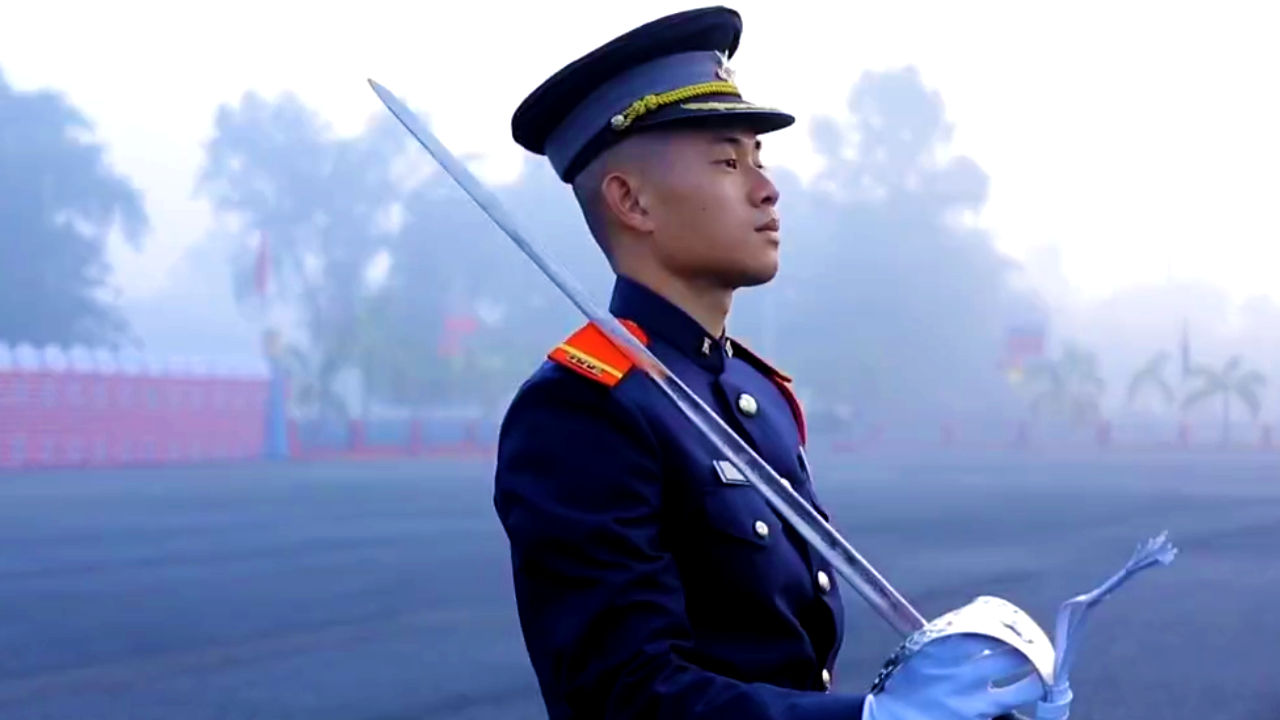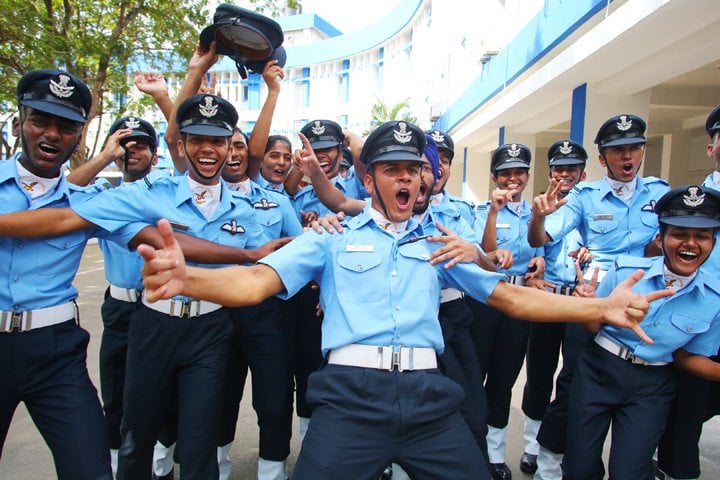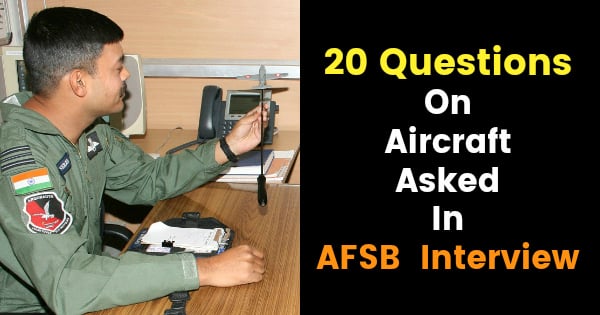Hindustan Aeronautics Limited (HAL) is navigating new challenges in the production of its Tejas Mk1A fighter aircraft due to further delays in the delivery of essential GE F-404 engines. Originally anticipated by mid-2024, these delays have compelled HAL to activate a contingency plan that substitutes the delayed engines with Category B F-404 engines for the early production models of the Tejas Mk1A.
The Tejas Mk1A is a significant enhancement for the Indian Air Force (IAF), featuring upgraded avionics and sophisticated radar systems that aim to bolster the fleet’s capabilities. Despite its advancements, the persistent delays have raised alarms within the IAF concerning the potential effect on operational readiness.
In response to the situation, HAL has opted to use Category B engines, which, while not the primary engines, are sufficient for conducting pre-delivery flight tests and ensuring that the aircraft remains operational. These interim engines will facilitate critical testing and quality assurance processes until the main GE F-404 engines are received.
A HAL official, during a conversation with India Today TV, stated that the decision to use Category B engines is crucial for sustaining production momentum. The official remarked, “Our goal is to ensure there is no lapse in production or readiness. Using Category B engines allows us to conduct essential flight tests and keep up with our production targets. Once the GE engines arrive, we will seamlessly integrate them into the aircraft.”
The delays in the delivery of engines have been largely attributed to ongoing disruptions in the supply chain, yet HAL’s strategic decision to deploy interim engines underscores its commitment to adhering to production schedules. This approach is vital to ensuring that the Tejas Mk1A continues to progress toward eventual delivery to the IAF.
Once the GE F-404 engines become available, HAL intends to collaborate with the IAF to conduct 2-3 pre-delivery flight tests. These tests will verify that the aircraft meets all performance requirements prior to final delivery. This pragmatic approach serves as a means to alleviate current bottlenecks and prevent any further delays in the rollout of the Tejas Mk1A, which is integral to India’s ambitions of modernizing its air force with indigenous defense technologies.

